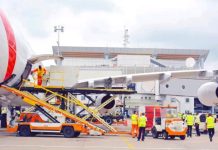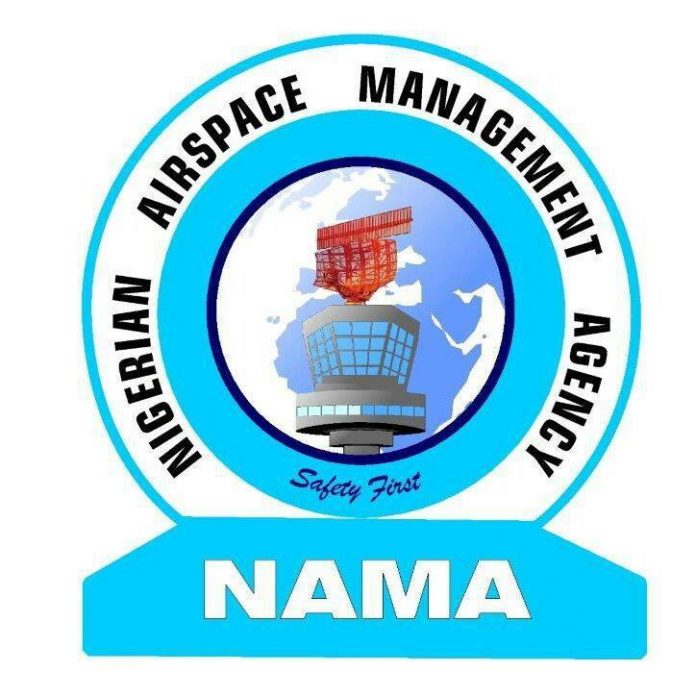The Federal Executive Council (FEC) has approved eight major aviation projects designed to enhance air safety, modernise infrastructure, and improve operational efficiency across Nigeria’s airports.
Announcing the approvals after Thursday’s meeting, Minister of Aviation and Aerospace Development, Festus Keyamo, said the projects span new construction works, airspace technology upgrades, and procurement of safety equipment for the nation’s airports.
According to him, the council approved contracts for maintenance and technical support of Aeronautical Information Management (AIM) systems at the five major international airports- Abuja, Lagos, Kano, Port Harcourt, and Enugu.
“These are companies that have provided excellent services over the years, and we are retaining them to ensure continuity,” Keyamo explained.
The FEC also gave approval for the installation of 14 Very High Frequency (VHF) remote communication stations by the Nigerian Airspace Management Agency (NAMA) and the deployment of Terrestrial Trunked Radio (TETRA) systems nationwide. These technologies, he said, would improve communication between air traffic controllers and pilots, boosting the safety of Nigerian airspace.
In addition, 15 state-of-the-art airport rescue and firefighting trucks will be procured for major international airports in compliance with International Civil Aviation Organisation (ICAO) standards.
To improve lighting and extend operational hours at several airports, the council approved new funding for runway illumination and power system upgrades. “Certain airports currently close by 6 p.m. due to inadequate lighting. These improvements will allow operations up to 10 or 11 p.m.,” Keyamo said.
A key decision at the meeting was the approval for the construction of a permanent headquarters for the Nigerian Airspace Management Agency (NAMA) in Abuja. Since relocating from Lagos, the agency has operated from rented offices, an arrangement the minister described as “unsuitable for the critical role NAMA plays in managing the nation’s airspace.”
The new purpose-built facility, he added, would provide a secure and efficient base for national aviation coordination.
In a related development, the council approved the integration of biometric identity verification systems at all airports, linked to passengers’ National Identification Numbers (NIN). The system, according to Keyamo, will help eliminate the use of fake identities during flight check-ins and strengthen aviation security nationwide.
“Too many passengers travel with bogus IDs. This technology will verify identities in real time, improving both security and efficiency,” he said.
Keyamo reaffirmed that all the approved initiatives form part of President Bola Tinubu’s comprehensive aviation reform plan focused on safety, innovation, and international compliance.













